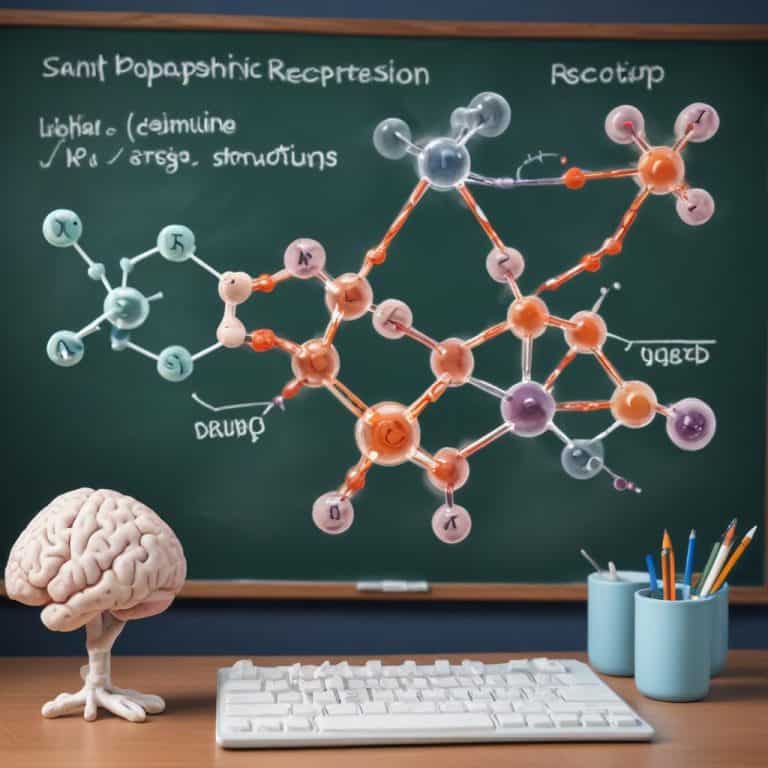Welcome to our online neuropharmacology quiz! This quiz will test your knowledge on how drugs affect the brain and nervous system. You will learn about different types of medications used to treat conditions such as depression, anxiety, and ADHD.
Neuropharmacology is a fascinating field that explores how chemicals can alter our brain functions and behaviors. By taking this quiz, you will gain a better understanding of how drugs interact with our neurotransmitters and receptors to produce various effects.
Get ready to dive into the world of neuropharmacology and see how much you know about the powerful medications that impact our brains!
Play Neuropharmacology Quiz
Instructions
- This quiz is multiple choice.
- Read each question carefully before selecting an answer.
- Choose the best answer for each question.
- You will see the missed questions with correct answers at the end of the quiz.
Quick Facts
- Neuropharmacology studies how drugs affect the nervous system.
- Medications used can help treat various mental health disorders.
- Neuropharmacology explores how drugs interact with the brain’s neurotransmitters.
- Researchers study the effects of drugs on mood, behavior, and cognition.
- Understanding this science can lead to the development of new and improved medications for disorders.
- Drugs used in neuropharmacology can target specific areas of the brain to produce desired effects.
- This plays a key role in the treatment of conditions like depression, anxiety, and schizophrenia.
- Neuropharmacology helps scientists understand how drugs can impact the nervous system at a molecular level.
- Studying this field can lead to advancements in the field of neuroscience and mental health treatment.
Downloads
Study Tips
- Create a study schedule and stick to it.
- Find a quiet and comfortable study environment.
- Remove distractions such as phones and social media.
- Take breaks every 25-30 minutes to avoid burnout.
- Use active studying techniques like summarizing, highlighting, and teaching concepts to someone else.
- Practice retrieval by testing yourself with flashcards or practice quizzes.
- Stay organized with notes, study guides, and resources.
- Stay hydrated and eat brain-boosting foods like fruits, nuts, and whole grains.
- Get enough sleep to improve memory retention and cognitive function.
- Reward yourself for reaching study goals to stay motivated.
